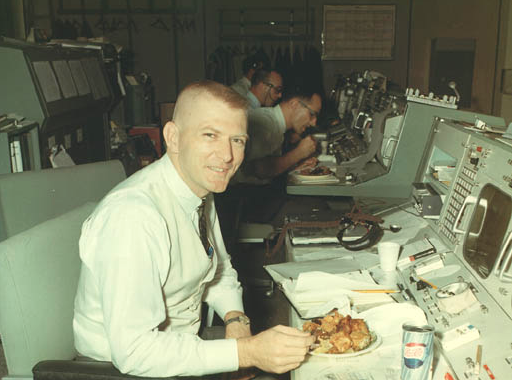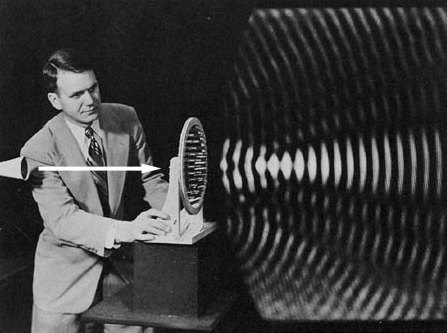
When it comes to life or death decisions, your monkey brain does a far better job than your conscious mind. If you’re in a car skidding out of control, it can save your life. It causes your eyes, ears, hands and feet to focus and function maximally, thereby preventing you from allocating precious mental energy mid-skid to such potentially-deadly thoughts such as “I’m such a loser for driving so carelessly on ice”.
Such thoughts – if thought at all – are best reserved for such a time when survival is assured. Unfortunately, our monkey brain never shuts up, treating every decision we face as a life-changing, if not potentially life-ending.
Being a professional means learning to ignore your monkey brain.
Some time ago a particularly talented and accomplished friend arranged to attend my show. I felt honored by this and told him so. I was honored even more when he announced his intention to attend my return engagement at the same venue just ten months later.
Shortly before the show I was walking on the sidewalk outside the venue and there was my friend! “Hey, are you doing any new material?” he asked. “I’ve got some new stand-up” I said, meekly. “Just new stand-up?” he said. “Plus I kick a coin into my eye socket now” I added, now more desperate than meek.
“But haven’t you always done that one?” he wanted to know. I explained that it was never a staple of my act and now it is, thanks to a new context I found for it.
“Well, I may not stick around for the entire show”.
It would have been easy to listen to what my monkey brain was chattering at me: “You’re a loser! Why would you ever think he’d want to see the same show he saw just ten months ago?”
At that moment – less than two hours before taking the stage – my job entails, among other things, being in a positive frame of mind. If circumstance did not quickly place my friend in the company of others, I would have had to politely excuse myself from his presence.
In other words, although not yet onstage I was already work and I wasn’t going to let anyone prevent me from finishing the job.
I often think of the movie Apollo 13, in which the astronauts and their support team on earth must show tremendous creativity and work ethic in order save the astronauts’ lives. As professionals, they know that frustration is deadly. A sense of being overwhelmed is deadly. Reflecting on the unfairness of it all is deadly. Wondering how it will all turn out is deadly.
Such subjects are appropriate over beers once the mission is complete, but when you have a job to do they serve only as distractions. When saving a life means saying “You’re going to build a filter out of duct tape, nylon and a coat hanger”, it doesn’t help to add “Does that frustrate you?”
If it’s not part of the mission, it compromises the mission.
Not long ago I would have thought that my friend’s boorish behavior came at the worst-possible moment. But as a professional, I realized that his timing was perfect: after all, I had a job to do and was therefore free to politely ignore him, which is what I did by focusing on the task at hand.
Do you have thoughts on professionalism? Leave them in the comment section below.
Return to www.daviddeeble.com or wach me juggle in fast motion on The Tonight Show.
 What’s more distracting: a speaker who openly refers to the clipboard in her hand or one who stares long and hard at the top of the podium each time she takes a sip of water? One who furtively glances at his watch to see how he’s doing on time or one who makes no effort to conceal doing so?
What’s more distracting: a speaker who openly refers to the clipboard in her hand or one who stares long and hard at the top of the podium each time she takes a sip of water? One who furtively glances at his watch to see how he’s doing on time or one who makes no effort to conceal doing so?









